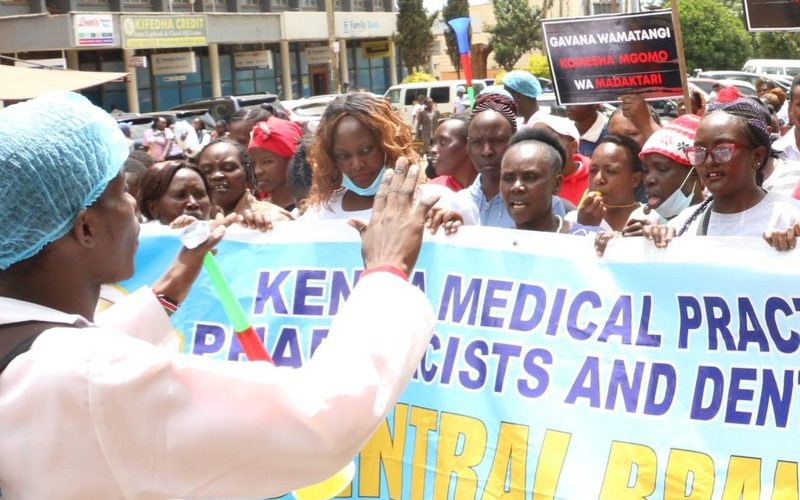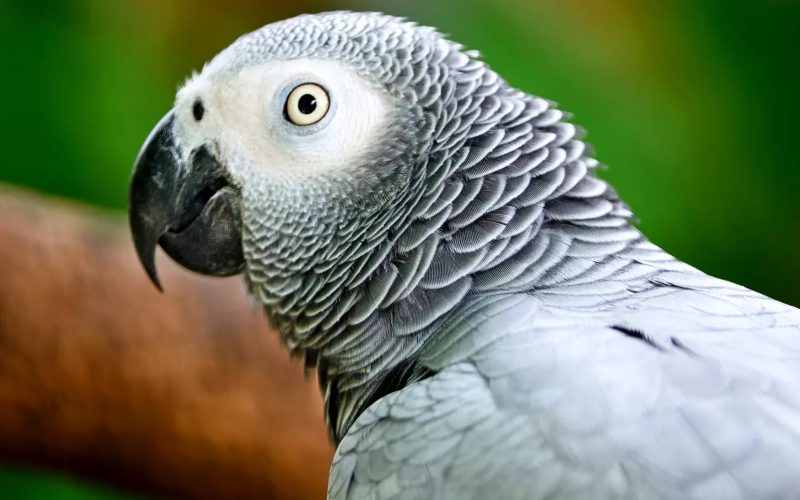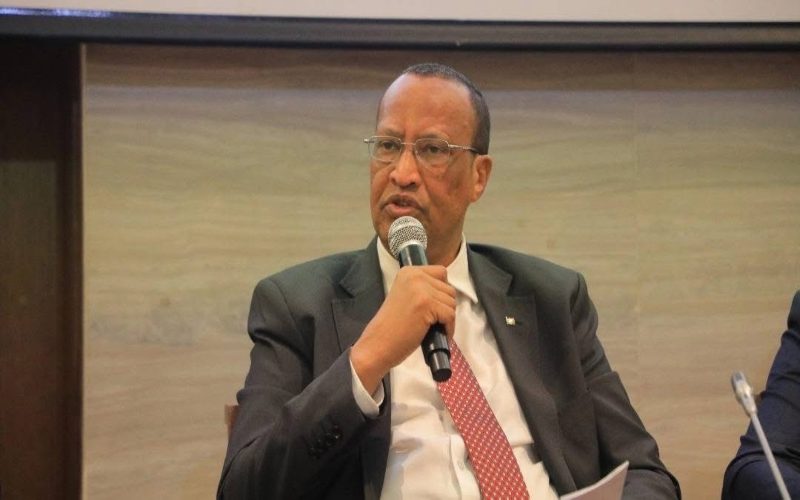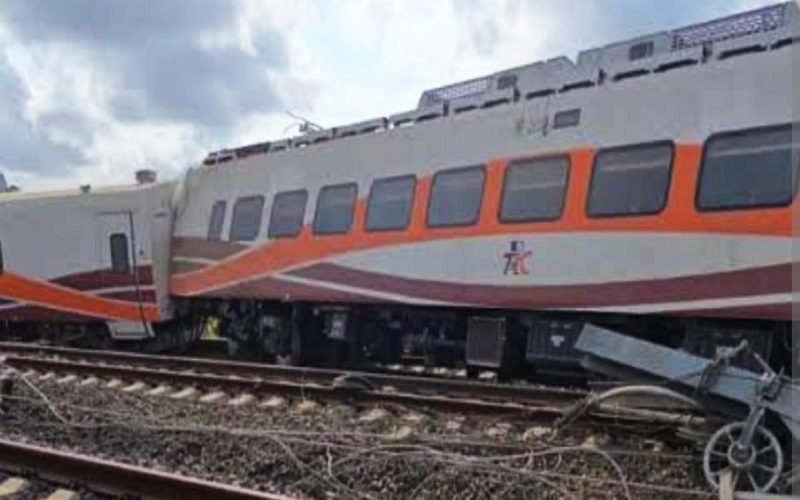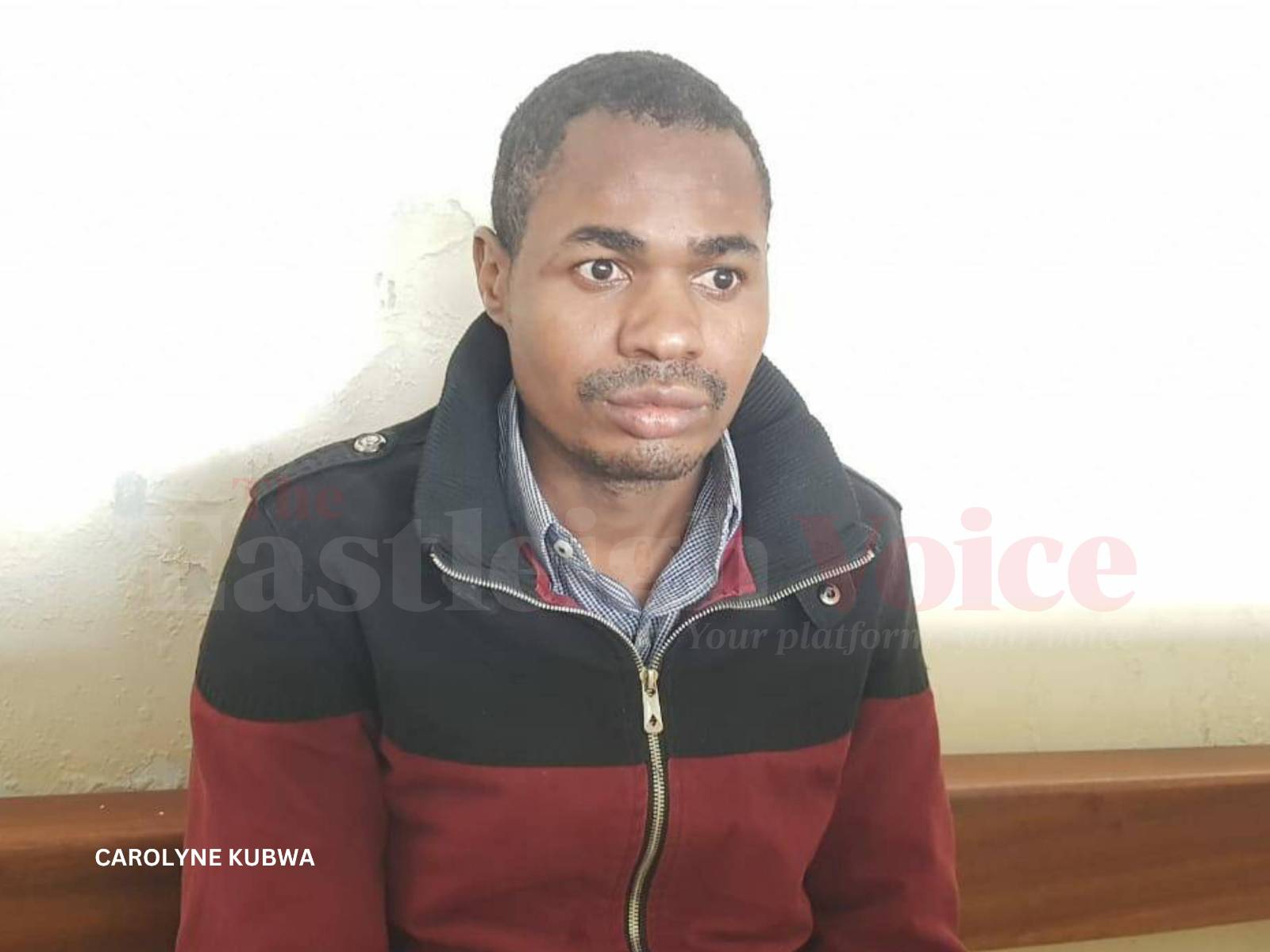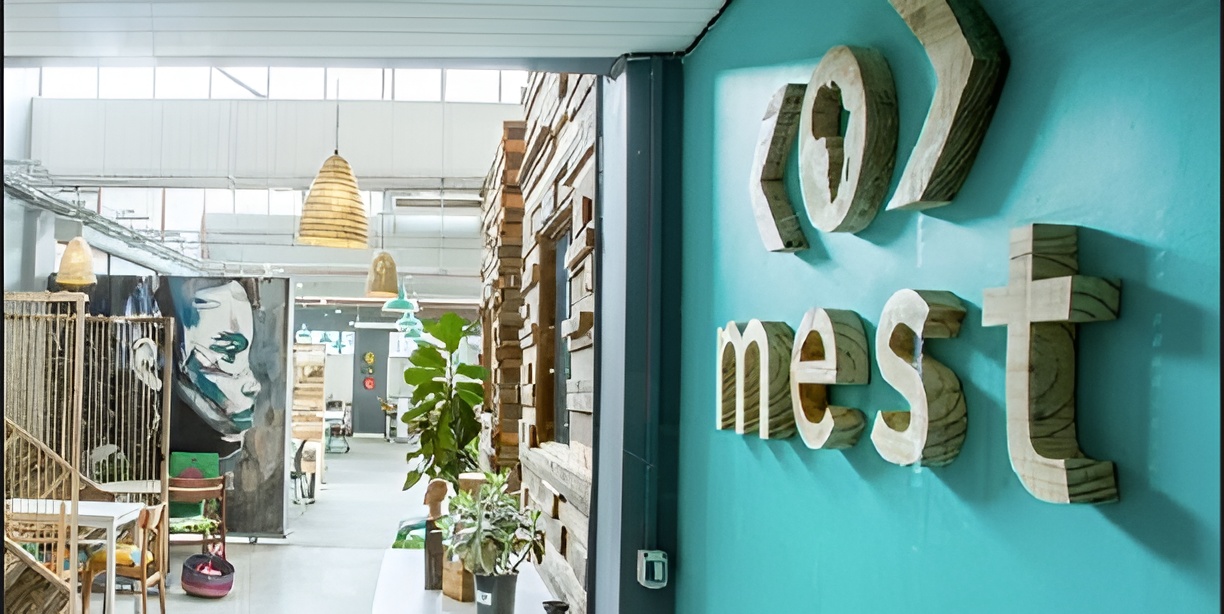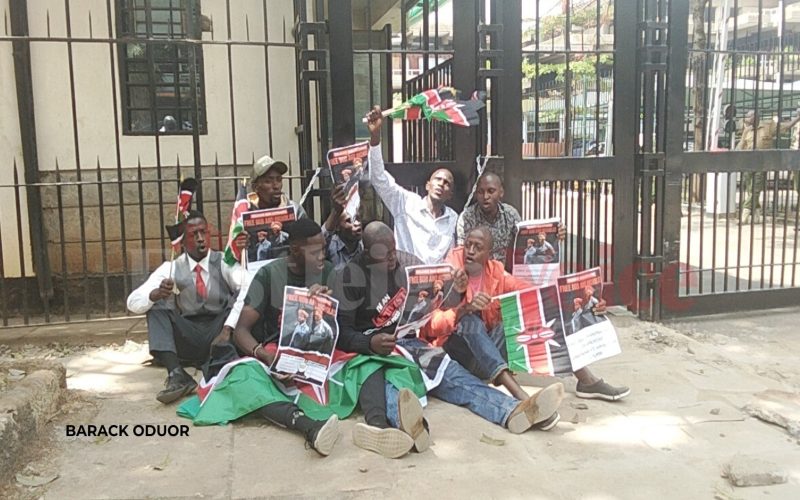Raila at Oxford Conference: 'Africa must unite to avoid proxy wars, fulfill its potential'
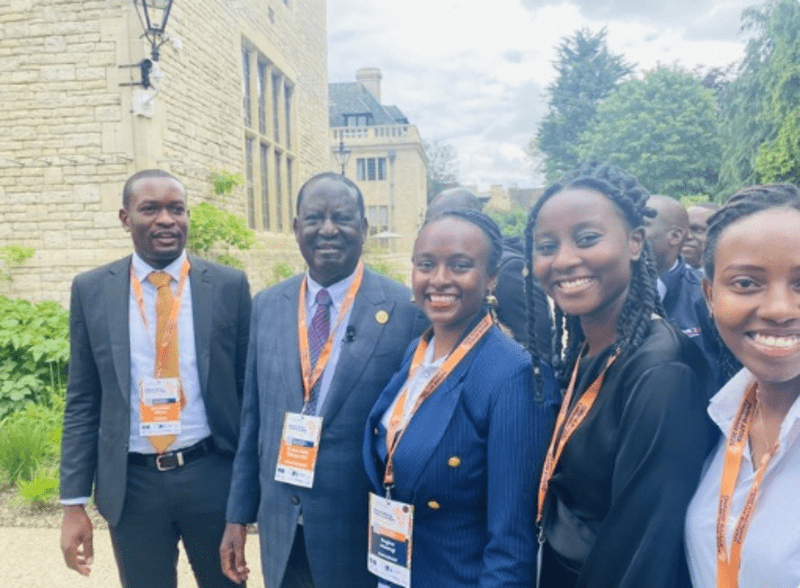
I have advocated for democracy and human rights in my own native Kenya my entire life and I have helped bring calm to several African states that were dancing on the precipice.
Africa could, but must not be caught again in proxy wars between foreign powers. I am an African and an Afro-optimist. Africa is my business.
I have experienced Africa through generations and lived through its best dreams and worst nightmares.
More To Read
- Symbolic shaving ceremony ushering Raila Jr into family leadership explained
- Raila Jr crowned as Raila Odinga family head in Luo cultural ceremony
- Why Raila declined to sue Miguna Miguna for defamation - Lawyer Mwangi
- How Raila picked me to be his legal adviser for 14 years- Paul Mwangi
- Foreign envoys pay tribute to Raila Odinga across Kenyan missions
- Raila never complained even in face of humiliation, says Lawyer Paul Mwangi
I have witnessed Africa’s committed political leadership with long-term visions espoused by the Continent’s fathers like Nnamdi Azikiwe, Kwame Nkrumah, Julius Nyerere, Sekou Toure, Jomo Kenyatta, Oginga Odinga, Abdel Nasser and, more recently, Nelson Mandela. I have also lived to witness the collapse of that grand vision.
I have advocated for democracy and human rights in my own native Kenya my entire life and I have helped bring calm to several African states that were dancing on the precipice.
I served as the African Union Commission High Representative for Infrastructure Development in Africa from 2018-2023. That gave me the opportunity to further appreciate Africa’s myriad infrastructural and associated challenges.
The colonial past continues to weigh heavily on Africa, but it is not the only problem.
I believe that the greatest hindrance to Africa’s aspirations has been disunity and our inability to mobilise our resources for the collective drive of the continent’s citizens.
We are beset by threats of reversal of democratic gains and internal social disorder, economic marginalisation, and external insecurities. These can only be addressed by a fit-for-purpose AU.
The continent is set to remain the second-fastest-growing region after Asia.
We are in an age where almost 400 million Africans in Africa are on the internet. From Casablanca to Maseru, Africans, both urban and rural are online; connecting, watching, creating, learning, and earning.
The great disruptor known as the cellphone is doing for young Africans what governments and billions of dollars in debt could never achieve. It is allowing Africans to assemble, organise, speak, share their genius, and pull themselves out of poverty.
Stories that would never be carried on BBC or CNN are live on TikTok. Products not found in the local Tesco or even Amazon are sold on Instagram, and Africans are deep in these.
If this is not resilience, nothing is.
What exactly is the trajectory we need to sustain? Africa must unite. Continental integration was the dream of Azikiwe, Nkrumah, Nyerere, and Sekou Toure, among others. We must return it to the top of our priorities. If Africa continues to be disunited in a fast-changing world, it will continue to be marginalized, exploited and irrelevant.
How do we integrate? Through continental trade, open skies, open visa policies and infrastructure.
We must treat the minds of our young people as our fundamental resource. Our challenge as leaders is to ensure that the quality of education you get here in Oxford is available in Africa. Then we must make the ever-changing technology, including Artificial Intelligence, are available to our people.
We must also strengthen cooperation with the global community on global issues including trade, security and climate change. I can report here that there is visible progress in these vital areas.
Many ask, might things still go wrong? My answer is yes, and here is what I think we need to do.
One, we must work extra hard to entrench democracy on the Continent. We have 19 countries slated for presidential or general elections this year.
How these elections go will have a huge bearing on how we proceed as a continent.
Two, we must watch against the return of conflict and coups. We have had a civil war in Ethiopia, the humanitarian crisis in Tigray, coups and rebels in the Sahel and conflicts in the Sudan and DR Congo.
Three, Africa could, but must not be caught again in proxy wars between foreign powers as happened during the Cold War.
Four, we must pay greater attention to the issues of poverty and sharing of opportunities which are at the heart of the conflicts in Africa.
Five, we are witnessing a new scramble for Africa. China, Turkey, India and the Gulf nations are increasingly asserting their own influence around the continent. Russia is making a return. The US and Europe remain active.
While we need to engage with the world, Africa must find ways to navigate old and new geopolitical interests that often put it to great disadvantage.
Six and last, there is Climate Change that has serious environmental, economic and security implications.
Africa must adequately prepare for the disruption of livelihoods, including food production, new diseases and consequent social upheavals and civil strife.
These are things we all know are going to happen and we cannot just sit and wait for them to devastate us.
We need to learn to prepare instead of merely preparing to respond. We must do this collectively as a continent to deal with critical issues that affect more than one country.
Overall, I remain confident that the transformation of Africa is underway and will continue.
I encourage you to continue being creative, far-sighted, and making demands of our leaders.
Most of all, I encourage you to stretch your hands across borders and connect more with each other.
Many of you are working on startups, I encourage you to look at what the costs of outsourcing to Africa would be.
If each one of us tries just a little bit, it is that unified purpose that will finally bring about the African renaissance.
Top Stories Today
